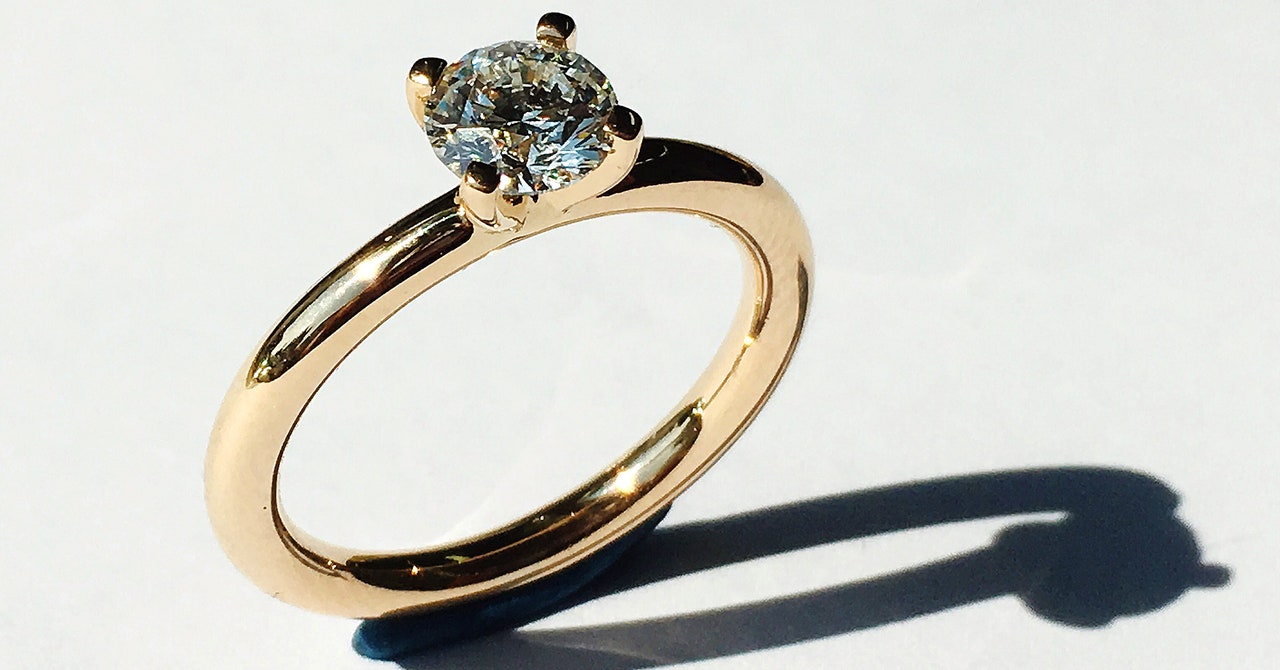If the height of wedding season approaches, some people are turning to artificial intelligence for help with their hitches. Yes, ChatGPT can turn those nondescript wedding vows into something more poetic, or add jokes to that toast.
Turning to a chatbot to express your deepest love can feel cold, lazy, or even dystopian. But those using the technology say it can help break through writer’s block brought on by the high expectations placed on a special day. Some people feel comfortable using AI in the most intimate aspects of their lives.
To some, using ChatGPT for help with weighty words like wedding vows may seem like a joke, but it can yield phrases that defy expectations. Michelle Albert, who lives in Seattle, says she asked the bot to write vows because she was expecting something funny. Instead, the output was sweet, albeit also generic. It broadly hinted at her betrothed’s intelligence, kindness, and beauty, adding clichés like, “I love you more than words can say.”
Still, the unexpected fluency piqued Albert’s interest and prompted her to begin writing personal vows. “The best use case for me is just inspiration,” says Albert. She also used ChatGPT to develop ideas for having difficult conversations with family and friends about downsizing her wedding, which means some of the people she loves aren’t invited. She and her fiancé also used the bot to create an itinerary for their five-day honeymoon to Hawaii.
Joy, a popular wedding planning website and app, has now built an AI tool on top of ChatGPT, aimed at defeating the writer’s block. The drop-down menu lets people choose from a slew of options, including writing speeches and toasts, drafting thank-you notes, and creating funny wedding hashtags, such as either “#MyOhMaui” for a Hawaiian wedding or “#SailingToMarriageOnTheHighSeas” for a pirate-style entry.
Vishal Joshi, CEO and co-founder of Joy, says he understands the initial apprehension some may feel about using AI for such personal details. “Are we trying to make something so emotional and so personal — are we trying to automate it?” Joshi says. “We’ve had that battle.”
But some Joy users seem to have overcome all the problems. Generating vows and toasts have become the most popular features of the AI features since they rolled out in March, says Joshi. He sees that as fitting with the fact that long before AI came on the scene, many people struggled to articulate their feelings on a wedding day. “Getting those emotions down on paper is so much harder than any of us admit,” says Joshi.
To generate speeches, Joy asks a user to provide details of a memorable story about the couple and their relationship, such as how they met or when a person first met their future in-laws. For vows, the app asks a person to highlight what they like most about their partner. They can then choose the delivery style and direct the system to generate something that could come from a friend, Shakespeare or a pessimistic ex. A playwright-style vow begins: “To walk the beach for us, I’d give the world to share, your values of tranquility and revelry match mine, that’s so rare.”
As with anything a ChatGPT-like bot spews, AI-made vows or speeches may contain stories that may not be true. In WIRED’s tests, it could take several tries and edits before ChatGPT included enough details about the couple or a memory to create something that felt personal and authentic enough to read to guests and witnesses.

